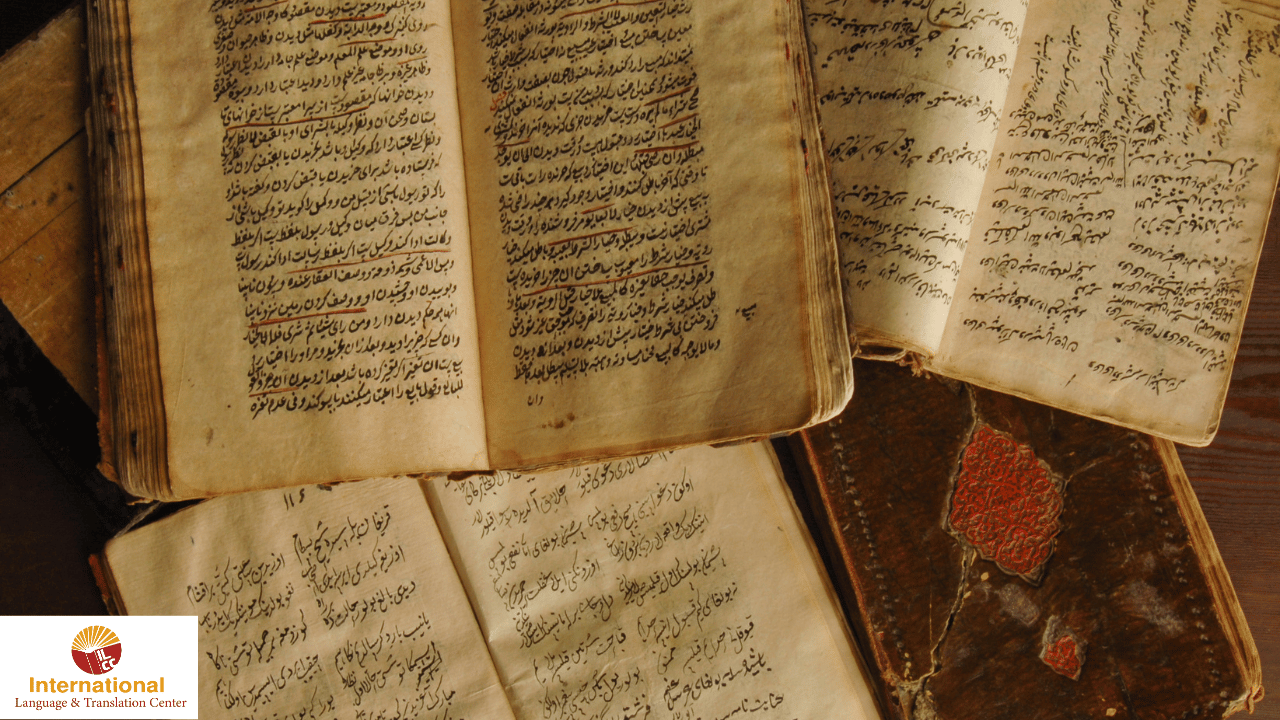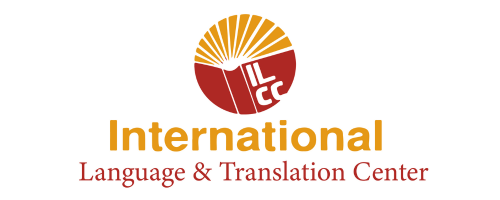The importance of learning Arabic letters
The Arabic language is one of the most widely spoken languages in the world, holding a significant place in science, literature, and religion. With the expansion of global communication and cultural diversity, learning Arabic has become essential for non-native speakers. One of the most important aspects of this learning journey is understanding Arabic letters and their historical, cultural, and linguistic significance.
The importance of learning the Arabic language in communication and understanding
Learning Arabic for non-native speakers holds significant importance for communication and understanding due to several reasons:
- Culture and Heritage: The Arabic language carries within it a rich culture and a long history. Learning it enables individuals to understand the traditions, values, and cultural expressions of Arabic-speaking societies.
- Connecting with Arab Communities: The Arab world constitutes a large part of the international landscape, whether in the field of business, politics, or science. Learning Arabic allows individuals to expand their circle of communication with Arab societies and learn about their cultures and traditions.
- Work and Economic Opportunities: Proficiency in Arabic opens up job opportunities or collaboration with companies or institutions operating in the Arab region. Since the Arab region is an important market for business, learning Arabic can also lead to accessing new economic opportunities.
- Cultural and Scientific Exchange: Arabic is a language of science, philosophy, and literature. Learning it enables individuals to access scientific, literary, and intellectual resources written in Arabic, which is beneficial for global communication and understanding.
- Promoting Cultural Understanding: In light of the tensions and cultural divisions in the world, learning Arabic can contribute to building bridges of understanding and cooperation between different cultures.
In short, learning Arabic can open doors to a deeper understanding and better communication between individuals from different backgrounds and cultures.
The importance of learning the Arabic language in accessing knowledge and resources
The Arabic language is considered one of the most important languages in the world, and it plays a prominent role in accessing knowledge and resources for non-native speakers. Here are some reasons that highlight the importance of learning Arabic in this context:
- Arabic as a Religious Language: The Arabic language is considered the religious language of Muslims, as the Holy Quran is written in Arabic. Therefore, learning Arabic is essential for understanding and studying Islam and interacting with its original sources.
- Arabic as a Language of Human Knowledge: The history of Arabic dates back to many sciences and human knowledge, such as philosophy, natural sciences, mathematics, and medicine. Therefore, valuable resources in these fields can be accessed by understanding the language.
- Arabic as a Language of Culture and Literature: Arabic literature and culture have had a significant impact on the world’s history of arts and literature. Learning Arabic enables individuals to explore and understand this heritage more deeply.
- Arabic as a Language of Communication: Arabic is considered an important language in the Arab world and the Middle East. Understanding it allows individuals to communicate effectively with diverse societies and cultures in that region.
- Arabic in Science and Technology: With the growing economic and technological importance of the Arab region, the importance of Arabic in fields such as science, technology, and business is increasing. This opens doors to professional and educational opportunities.
Overall, it can be said that learning the Arabic language opens the door for individuals to explore and understand the culture and knowledge possessed by the Arab region. They can benefit from its diverse resources in various scientific, cultural, and social fields.
Strengthen personal and professional relationships
Learning Arabic for non-native speakers holds significant importance in fostering personal and professional relationships from various aspects:
- Personal Communication: Proficiency in speaking Arabic enables you to interact with people from the Arab culture more effectively. You can understand their thoughts and feelings on a deeper level, leading to building more cordial and understanding relationships.
- Cultural Understanding: Learning Arabic opens the door to a deeper understanding of the Arab culture, which encompasses different traditions, values, and customs. This contributes to deepening mutual respect and appreciation among individuals.
- Professional Opportunities: In many industries and fields, Arabic language skills are a strong competitive advantage. Mastering this language can open up new job opportunities in the Middle East and North Africa, and enhance international cooperation and trade exchange.
- International Understanding: In an increasingly interconnected world, understanding the Arabic language and culture is essential. Arabic language proficiency can contribute to opening new horizons for understanding and cooperation with Arab countries and communities.
- Continuous Learning: By learning a new language, you exercise your mind and develop your linguistic and cognitive abilities in general, which enhances your ability to continuously learn and adapt to new environments.
Conclusion: In short, it can be said that learning Arabic fosters cultural and professional communication and opens doors to new opportunities for cooperation and understanding in the modern world.
The importance of learning the Arabic language in understanding the Holy Quran
Learning the Arabic language plays a fundamental role in understanding the Quran. Here are several reasons that highlight its importance:
- Original Language: The Quran was revealed in Arabic, and therefore, understanding it requires a deep understanding of the language. Learning Arabic helps in comprehending the Quranic texts with greater accuracy and interpreting their meanings correctly.
- Details and Precision: Learning Arabic can facilitate understanding the linguistic and rhetorical details used in the Quran, which enhances the overall comprehension of Quranic content and the messages it conveys.
- Interpretation and Studies: There are numerous Quranic interpretations and studies that are based on the original Arabic language of the Quran. Hence, learning the language helps in accessing in-depth resources to understand Quranic meanings and the context in which the Quran was revealed.
- Recitation and Prayer: Understanding the Quran increases the value of recitation and prayer, as the learner can enjoy reciting the Quran more deeply and with a greater awareness of its meanings, making prayer and recitation more fulfilling and impactful religious experiences.
- Deepening Understanding of the Quranic Style: The Quran is distinguished by its unique and magnificent style, and learning Arabic helps in understanding this style more deeply. Understanding sentence structures, linguistic structure, and the use of words facilitates understanding how the texts affect readers and listeners.
- Discovering Rhetorical and Figurative Dimensions: The Quran contains numerous rhetorical and figurative dimensions, and learning Arabic facilitates understanding these dimensions better. Understanding metaphors, similes, and tropes enhances appreciation for the aesthetic beauty and depth of the Quranic text.
- Academic and Research Studies: For academics and researchers studying the Quran, learning Arabic is essential. Understanding Quranic texts and participating in research and academic studies related to the Quran becomes easier when they have strong Arabic language skills.
- Sense of Religious Belonging: For Muslims who seek to understand the Quran more deeply, learning Arabic can enable them to feel a deeper sense of belonging to their religion. Indeed, understanding the Quran directly in its original language is a powerful and unique religious experience.
In conclusion, learning Arabic is considered essential for understanding the Quran more deeply and accurately, which contributes to achieving spiritual growth and deeper engagement with Quranic texts and the meanings they carry.
Discover the world of languages and translation with us!
Join us and explore the world of languages and translation with the highest quality and professionalism! On our website, we offer you a unique and distinctive learning experience that allows you to acquire new language skills with ease and enjoyment.
Our center is distinguished by a team of qualified and specialized language teachers who ensure that they provide personal and effective lessons that perfectly meet your needs. Whether you want to learn a new language or improve your current level, we are here to help you achieve your goals smoothly and effectively.
In addition, our website provides accurate and professional translation services, where our team works to provide high-quality and reliable translations in various fields. Whether you need to translate official documents, marketing content, or scientific articles, you can rely on us to provide translation services with the highest standards of quality and accuracy.
On our website, we combine comprehensive language education and distinguished translation services to provide you with a unique and distinctive learning experience. Join us now and start your journey in the world of languages and translation with confidence and determination.
You can contact us on WhatsApp from here → ILCC.
Conclusion
In conclusion, it becomes evident that learning the Arabic alphabet is a fundamental and necessary step in the journey of acquiring the Arabic language. Understanding these letters is not simply about learning linguistic alphabets, but rather exploring a new world of culture and heritage. The Arabic alphabet is a gateway to the correct understanding of the Arabic language, and subsequently to a deep understanding of Arab culture and thought.
By learning the alphabet, we can overcome linguistic and cultural barriers, and communicate confidently and effectively with Arabic speakers, whether in daily life, academic or professional settings. Achieving deep understanding and effective communication enhances personal and professional relationships, and contributes to building bridges of cooperation and cultural exchange.
Therefore, let us invest time and effort in learning these magical letters that carry within them a depth of culture and knowledge. Through them, we will build bridges of understanding and cooperation, and open doors to a new world of experiences and knowledge.









